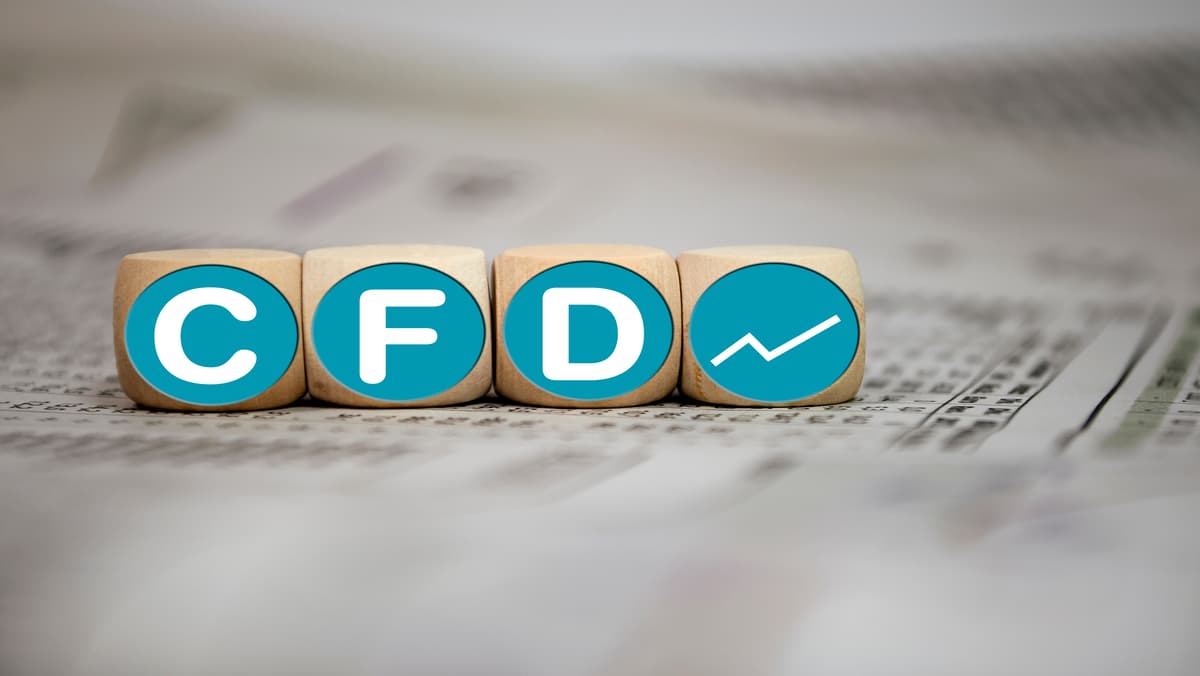A report on the impact of the September CPI data on expectations for interest rate cuts by the Federal Reserve, taking into account concerns about data accuracy due to the government shutdown.
JPMorgan's trading desk believes the stock market will likely disregard high CPI data, driven by expectations of a Fed rate cut. However, a significant inflation surprise could alter the course.
This article explores the impact of repeated interest rate cuts by global central banks on capital flows into various asset classes, analyzing the performance of bonds and gold in these conditions.
Tesla faces increasing challenges despite growing car sales. A profit dip, Musk's compensation battle, and the company's AI and robotics pivot raise questions about its future.
Oil prices saw a significant increase driven by global supply concerns, slowing US production, and geopolitical influences. A comprehensive analysis of the contributing factors.
Following recent volatility in gold prices, analysis focuses on whether gold will regain its strength. This article examines gold's role as a hedge against stock market risks, considering strategies of institutional and retail investors.
Fundstrat's Tom Lee forecasts the S&P 500 reaching 7000 by the end of 2025, despite investor pessimism reminiscent of bear market conditions.

Gold price outlook: Gold remains one of the most closely watched commodities globally, often reflecting broader economic trends and market sentiment.

Bitcoin rises above $111K: Bitcoin’s recent price movement has captured widespread attention as it climbs above a notable threshold, sparking renewed interest and discussion around the factors influencing its valuation.

Nvidia (NVDA) Stock Prediction: Nvidia has emerged as a powerhouse in the technology sector, renowned for its revolutionary graphics processing units (GPUs) and its expanding footprint across various cutting-edge fields.

INTC stock at $36.92: Intel, a major player in the semiconductor industry, is once again in the spotlight as it prepares to release its latest earnings report.

Commodity Market Update: Gold prices have recently experienced a downward shift, coinciding with a strengthening of the US dollar.
This article reveals the sudden shift in President Trump's policy toward Russia and how Secretary Rubio influenced this shift through his assessment of Moscow's lack of seriousness in peace talks. It also explores internal disagreements within the US administration regarding this issue.
Global markets experienced significant volatility this week driven by US inflation data, escalating geopolitical tensions, and mixed tech stock performance. Gold swings wildly, the dollar consolidates, and US equities see-saw.
Report on the September CPI data in the US and the impact of tariffs and other factors on inflation, as well as market expectations for a Federal Reserve rate cut.

What is non-farm payroll (NFP): Non-Farm Payroll (NFP) is one of the most closely watched economic indicators in global financial markets.

CFD Traidng Basics: Purchasing Bitcoin has become increasingly accessible through various platforms, but the cost of trading can vary widely depending on the broker or exchange used.

Consumer Price Index: Understanding economic indicators is essential for anyone involved in financial markets. Among these indicators, the Consumer Price Index (CPI) holds a prominent place.